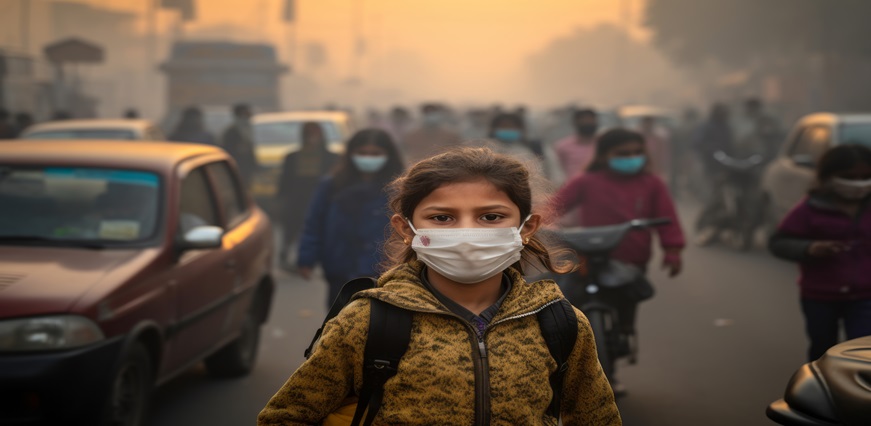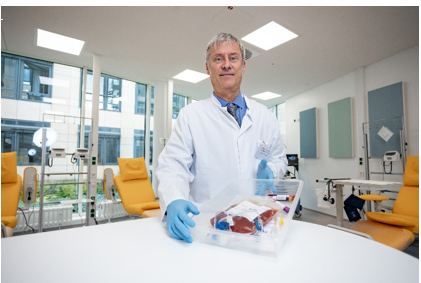According to the factsheet of WHO, Autism Spectrum Disorder (ASD) is a condition in which the individual displays impairment of communication, language, social behavior, and a repetitive range of interests and activities that are unique to the individual and carried out repetitively. It is a disorder that starts in childhood and can persist until adulthood. 1 in 160 children worldwide is affected by ASD.
It is not easy to be different especially when the individual is different than others due to a condition that is beyond control. Some empathetic entrepreneurs understand this pain to a level much higher than the rest of the people. Perhaps this is why they have gone a step further to base their businesses with not only the goal to generate revenues or employments but also to generate happiness for people suffering from disorders like ASD. Here is an overview of 4 excellent organizations that are paving the path of easier living for autistic individuals in our society:
1. Avaz – As the name suggests, Avaz empowers to communicate emotions, thoughts, and needs. It is a picture-based communication and learning tool that can be used by autistic children and other people with special needs to communicate what they want at home as well as to access better learning at schools. This tool has built-in teletherapy support which facilitates remote therapy sessions. It has 3 different levels of vocabulary with a picture prediction keyboard customized for individuals as per their stage or needs. The “About Us” segment of Avaz’s website (https://www.avazapp.com/about-us/) provides the background of the initiative, “a small group of inventors from the Indian Institute of Technology, Madras – one of India’s top engineering universities worked hard to bring AAC to India. They looked at various options working with many special needs schools, before finally building a tablet computer that would revolutionize AAC in India. It was the first device of its kind in India and as soon as it was launched it saw an incredible adoption amongst special educators and therapists working with autism and CP.” Avaz has been founded by Ajit Narayanan who went on to win the President of India’s National Award for Empowerment of Persons with Disabilities. He was also recognized as a global young leader by MIT Technology Review which rated Avaz as the Innovation of the Year 2011. In 2015 Avaz went on to develop the FreeSpeech app - a revolutionary way to construct language.
2. Stamurai is a cost-effective and easily accessible mobile device which is considered one of the world’s biggest digital therapy app for addressing speech and language disabilities. It is co-founded by IIT-Delhi graduates, Harsh Tyagi, Anshul Agarwal, and Meet Singhal. It is an automated, personalized, digital coach to help users. The beautiful description of how it all started has been provided in the organization’s website, (https://stamurai.com/about) that quotes, “We are people who stutter ourselves. Stuttering greatly impacted our lives. Personal life, social life, career choices - everything is shaped by stuttering. Saying our name, asking for directions, answering questions in class, having interviews, giving presentations, ordering food, going for a date, talking on the phone - almost every simple life situation had become hell. And so, we decided to embark on this journey to bring Speech Therapy for Stuttering to the modern world, to everyone, to you!” The start-up is supported by Google Cloud for Startups, Social Alpha, Tata Trusts, and BIRAC. The organization has gone a long way in creating an affordable speech therapy option which was previously very expensive because of the scarcity of speech therapists to cater to about 16 million people who suffer from speech defects in India. With the Stamurai app, anyone with a smartphone can access the speech therapy.
3. CogniABle is a tool that manages autism with early automated screening and remote guided treatment. As described in the “About Us” segment of the organization’s website, (https://cogniable.tech/about-us/), “CogniABle is a machine learning-driven assistive technology for early detection and affordable treatment of Autism Spectrum Disorder. It has been founded by researchers and scientists from IIT-Delhi, pediatricians, psychologists, and BCBA’s from India as well as the USA. CogniABle brings affordability, accessibility and high-quality management of Autism condition at one’s fingertips.” Manu Kohli is the CEO of the organization with 16+ years of experience in building technology-based innovative solutions. Manu’s Ph.D. research in IIT Delhi is focused on developing data-driven, affordable, and accessible detection and therapy solutions for Autism Spectrum Disorder. Dr. Stephen H. Friend who has also held faculty positions at Harvard Medical School and Massachusetts General Hospital and has been associated with many reputed organizations in top leadership roles is the mentor at CogniABle. The organization also boasts of Dr. Samir Kumar Brahmachari, biophysicist and Former Director-General of the Council of Scientific & Industrial Research (CSIR) and Former Secretary, Department of Scientific and Industrial Research (DSIR), Government of India as its founding mentor.
4. Nimaya Robotics – Nimaya helps children with Autism Spectrum Disorder and multiple disabilities to develop cognitive and psychomotor skills while having fun through the use of ground-breaking application of robotics. The interesting part is its toy-like design that attracts children and they actively learn through play combined with training. It is India’s first robotics-based therapy that can be customized to cater to individual needs. The organization’s pilot study has proven that there has been 50% accelerated skill development of learners. Nimaya offers several Skill Training Units addressing 30+ cognitive and psychomotor skills. “Nimaya means a change in Sanskrit. We founded this company with the single goal of changing the lives of special needs children. Children who were born with an autism spectrum disorder or other multiple disabilities are unable to enjoy a normal childhood or grow up into independent individuals. We see the world through their perspective and want to make a difference in their lives,” highlights the organization’s website (https://www.nimayarobotics.com/about-us). The company’s founder-directors are Ramya S Moorthy, who is a Ph.D. in Mechatronics, Robotics and Automation with specialization in Social Robotics and SA Srinivasa Moorthy, an M Tech from NIT Karnataka; who is a passionate teacher with experience in setting up global design centers and strategic organizations for MNCs and state governments. He had set up India’s first private test laboratory for product testing and certification.
Speech therapy and development of cognitive skills are central to autism treatment. They can resolve a wide spectrum of problems of autistic individuals. The above featured technology experts and organizations have helped in making autistic individuals live better. They have improved the overall quality of lakhs of people suffering from Autism Spectrum Disorder.
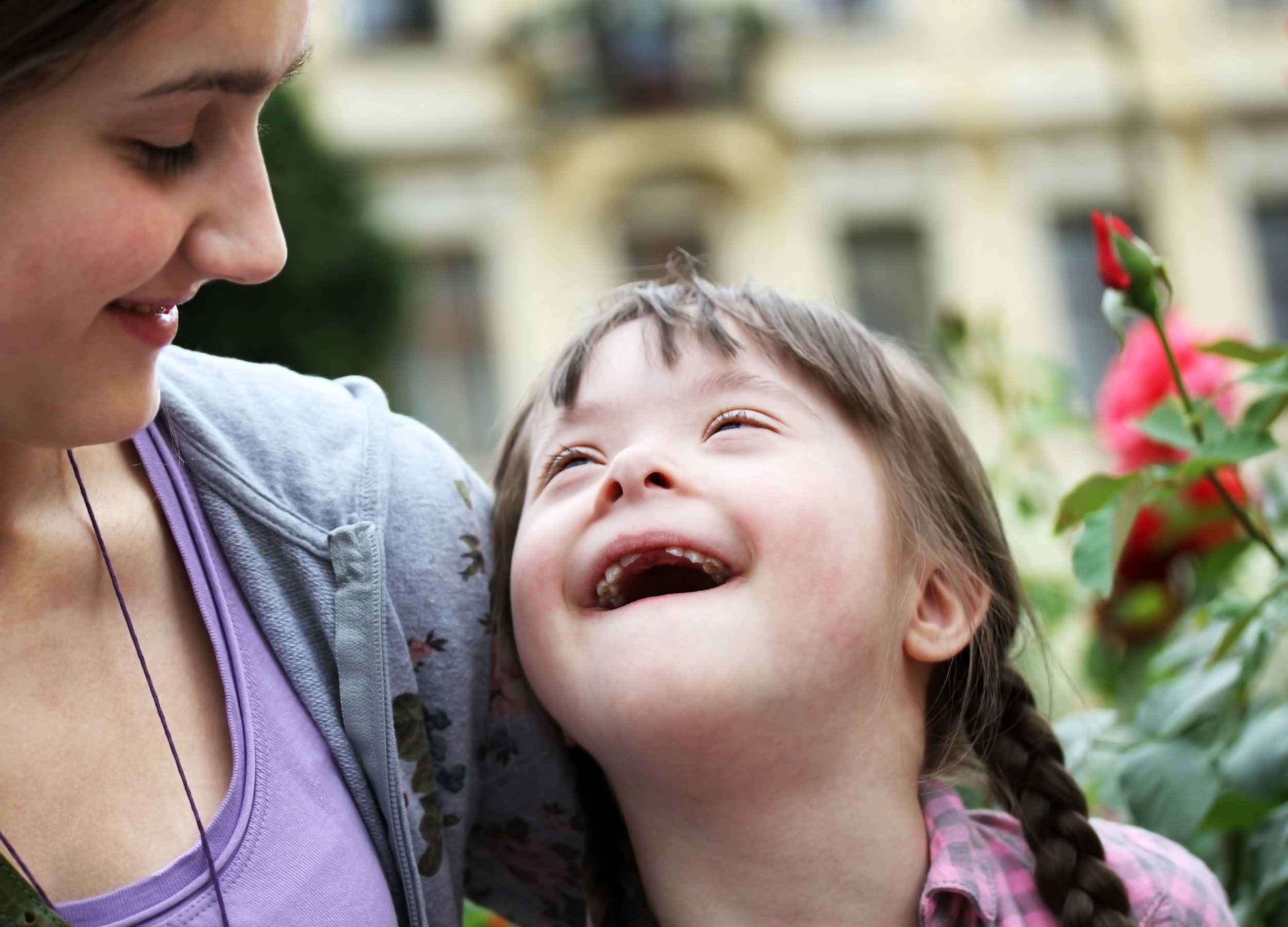
 2nd April is observed as World Autism Day. Autism is characterized by impaired speech and communication. Interacting socially is extremely difficult for individuals suffering from this condition. Find out how technologically inclined minds have made life more beautiful for people with autism.
2nd April is observed as World Autism Day. Autism is characterized by impaired speech and communication. Interacting socially is extremely difficult for individuals suffering from this condition. Find out how technologically inclined minds have made life more beautiful for people with autism.









.jpeg)









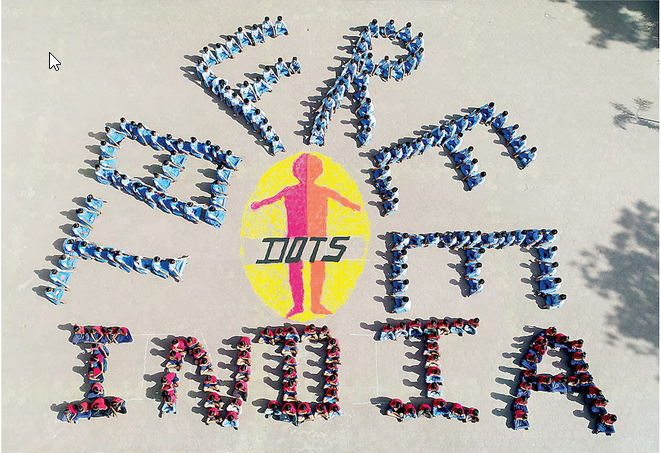
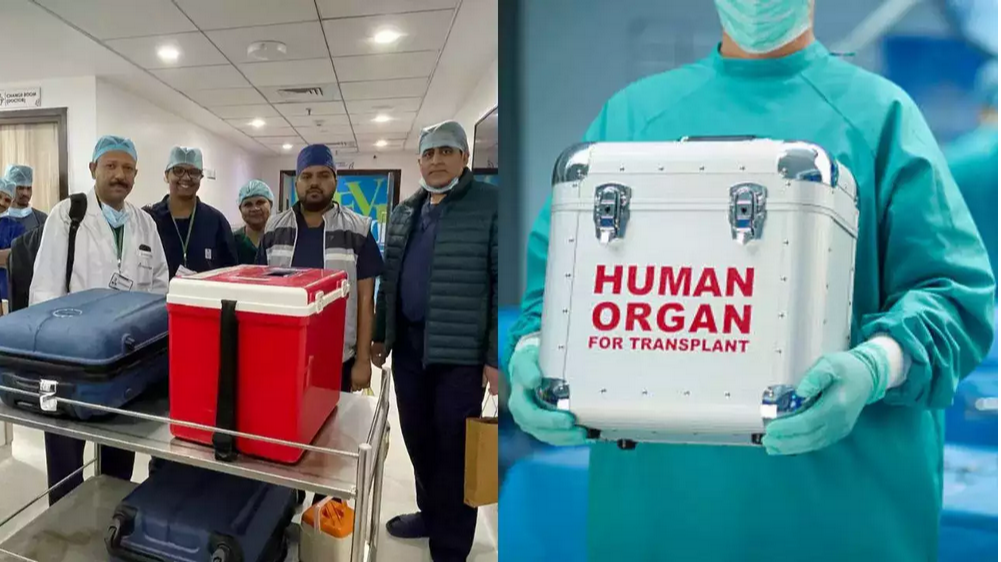
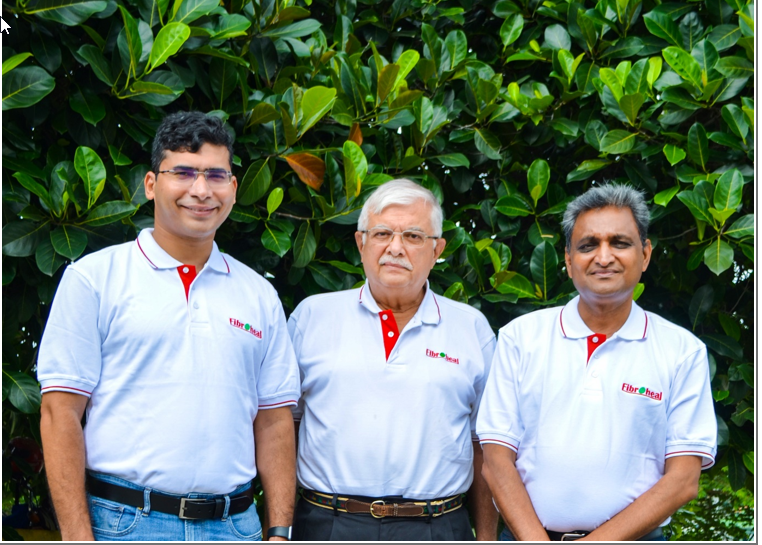
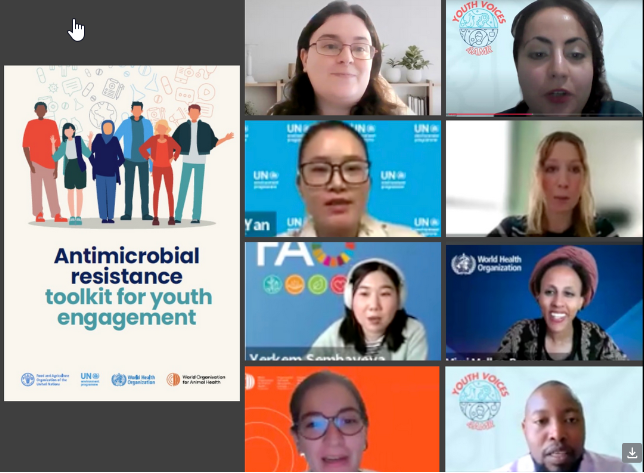
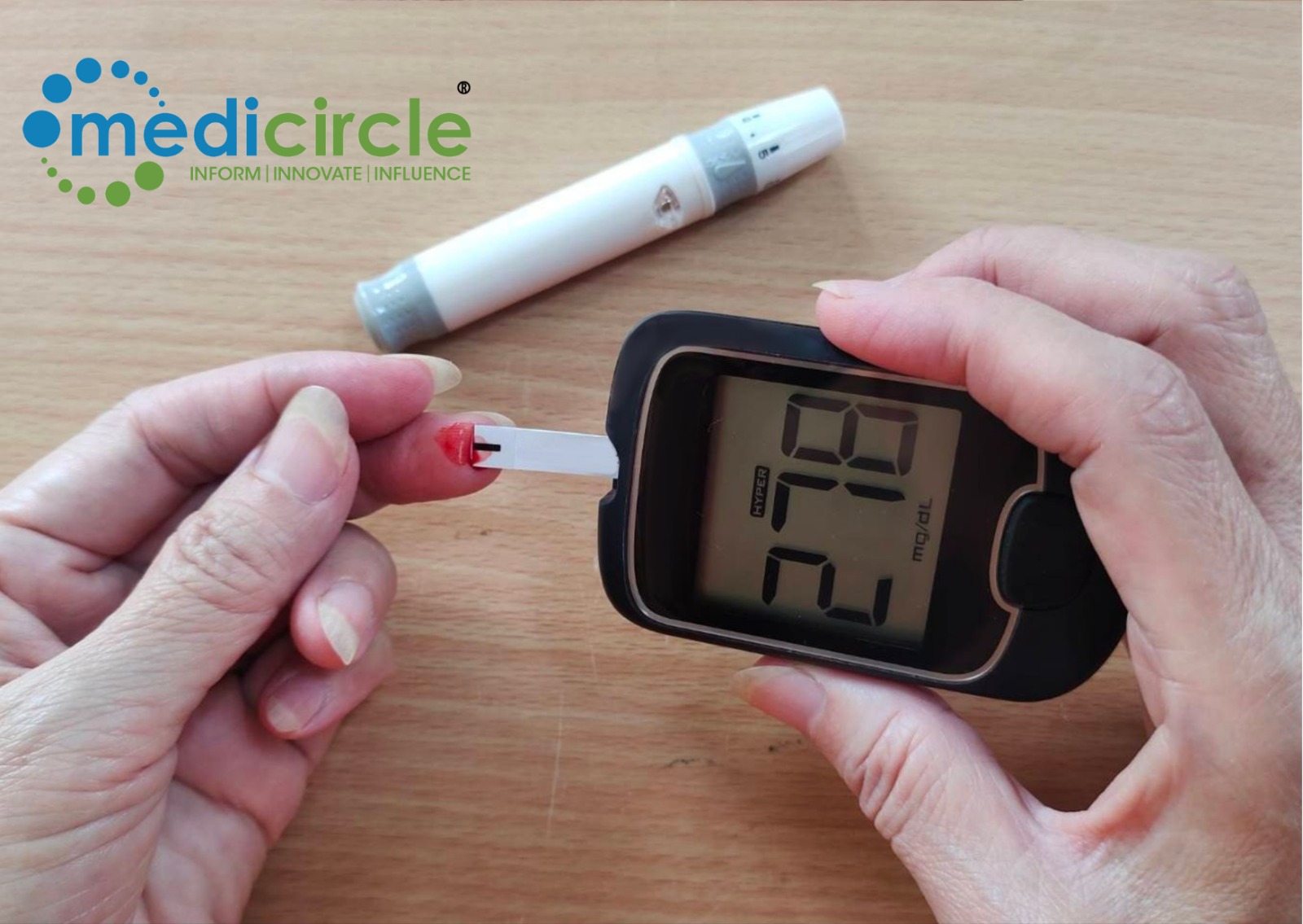


.jpg)
